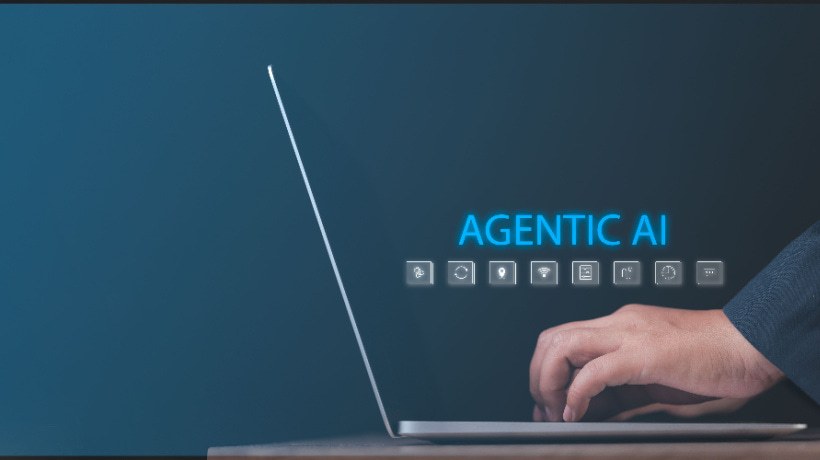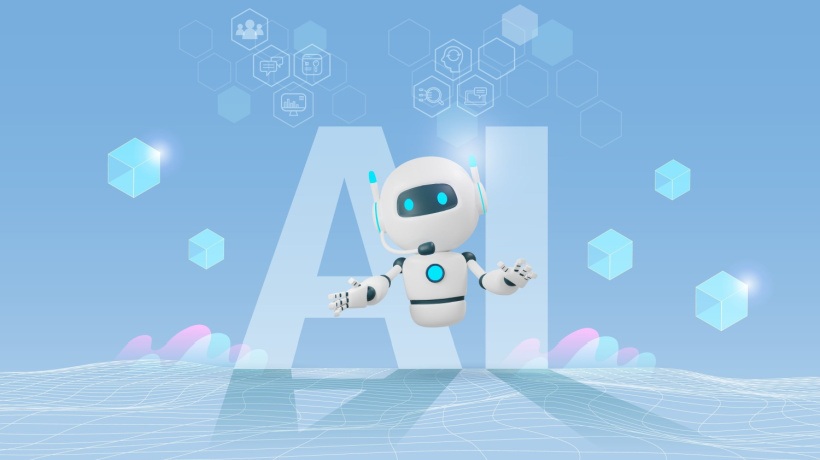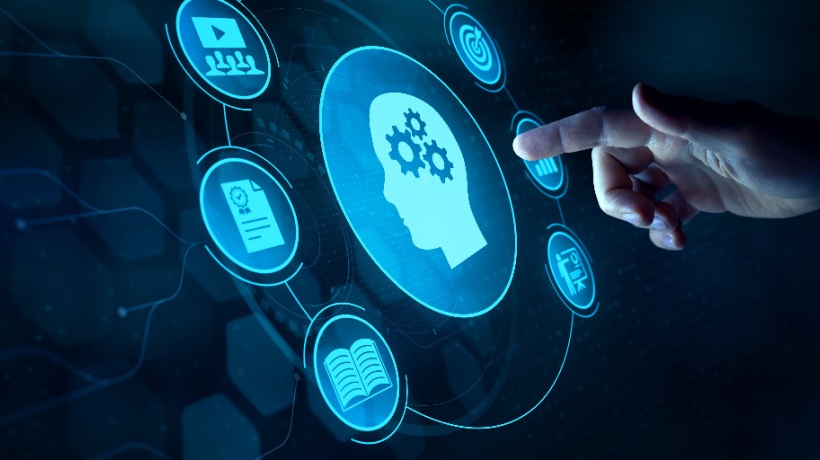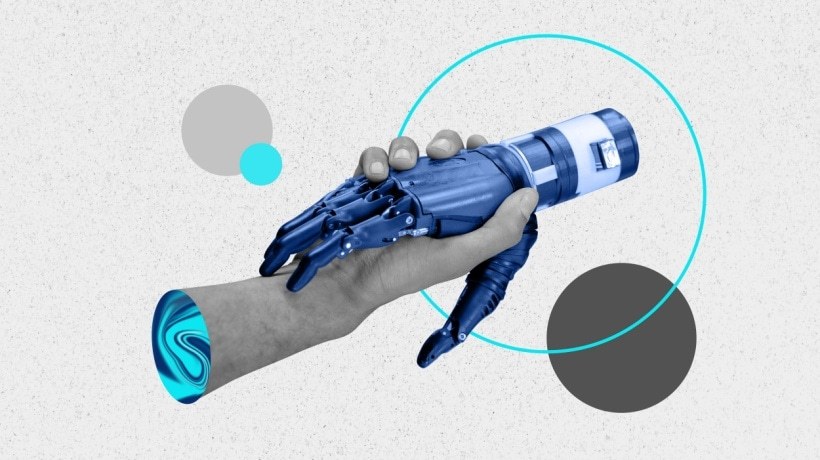Agentic AI For Personalized Corporate Learning
Today's businesses face this pressing question: how do they reskill and keep individuals time and again as the technology revolutions gather speed? Most corporate learning architectures are by-the-book, rigid, and off the beat, divorced from tangible business results. With accelerating automation, hybrid workplaces, and skill obsolescence, responsive, data-driven, and personalized learning is a necessity, not a choice. Deloitte's Global Human Capital Trends report states that nearly 74% of organizations recognize workforce capability development as an "imperative," but less than 20% believe their learning architecture moves rapidly enough to business change. This is where agentic AI-powered LMSs and LXPs step in, connecting employee desires with business needs. They offer personalized, scalable development paths, aligning individual growth with strategic goals.
Personalized Corporate Learning At Scale With AI-Powered LMSs
Artificial Intelligence revolutionized the Learning Management System's (LMS's) role from a passive repository to a Learning Experience Platform (LXP), an active driver of continuous learning. AI-powered algorithms review performance reports, participation scorecards, and skill tests to decide what each employee should learn next. This allows learning paths to change continuously based on business needs and employee interests.
For instance, an AI-powered LMS may present contextual microlearning lessons to salespersons automatically at the time of new-product launches, or recommend leadership simulations to first-time managers. Through adaptive reinforcement, AI transforms corporate learning into an anticipatory rather than reactive process.
Intelligent Engagement And Upskilling With Agentic AI
Traditional training courses can be irrelevant, and this can result in low completion rates or effectiveness. Agentic AI prevents that by creating a platform of continuous feedback, contextual engagement, and behavior intelligence.
It can reveal hidden learning behaviors and mechanize content curation, guidance, and progress monitoring to 90%, with remaining manual admin tasks for L&D teams. Among the most advanced personalization technologies are:
- Dynamic adaptive learning environments that adjust according to the performance of employees.
- AI-driven virtual coaches and chatbots that provide timely suggestions and mentoring, enhancing learner confidence.
- Microlearning sequences are optimized for attention spans, improving knowledge retention.
- Collaborative learning LMS models that combine peer-facilitated discussions, building a bottom-up learning culture.
By connecting worker desires to smart suggestions, organizations realize an increase in engagement levels and internal mobility. Global firms adopting this model report can improve project delivery effectiveness and reduce attrition, a clear indication of the way in which personalization can benefit employees while optimizing enterprise performance simultaneously.
Building Future-Ready Workforces Through Seamless Integration
For enterprise transformation leaders, the ultimate challenge is still integration. AI-driven LXPs bridge this gap, however, by integrating themselves into organizational infrastructure, from HRMSs and ATSs through to BI dashboards, to provide an integrated talent intelligence ecosystem.
This end-to-end integration enables seamless real-time skill mapping, workforce gap analysis, and predictive competency forecasts. For HR professionals, that means having complete visibility into employee potential, succession readiness, and strategic workforce planning through one platform.
These technologies are the embodiment of "doing more with less," one of the largest strengths for organizations, where scalability and staying ahead of budget are mission-critical to powering digital transformation at a sustainable level. The power of personalized corporate learning with AI plays a central role in this transformation, ensuring learning ecosystems remain flexible, adaptive, and closely linked to evolving business goals.
The New Standard: Ethical, Frugal, And Impact-Driven AI
Ethics-first AI-driven learning guarantees that the algorithms are unbiased and explainable, thus enabling end users to know why a specific piece of content, skill path, or career tip is being suggested. It builds a fail-safe environment where learning options are not determined by inscrutable algorithms, but augmented by decision making based on empathy and equity.
With AI, businesses can scale automation with utmost certainty without compromising the human essence of mentoring and sense of belonging. In addition, measurable ROI is an unavoidable byproduct of such a foundation: lower administrative overhead, better engagement-to-performance ratio, and measurable capability improvement in groups.
Conclusion: The Future Of Corporate Learning Is Orchestrated By AI
Corporate learning is no longer gradually evolving; it is systemic. Today, AI-driven LXPs and LMSs are a foundation of competitive differentiation, no longer an afterthought. Through convergence of personalization, smart automation, and analytics, organizations can embark on a next-gen talent ecosystem, one that learns, becomes agile, and evolves with the business.
Enterprise L&D leaders have a definite call to action:
- Embrace agentic AI to power continuous learning activities and provide insight-driven content delivery.
- Establish collaborative learning environments that foster knowledge exchange.
- Implement career development models to eliminate disjointed learning technologies with integrated, results-oriented systems.
As AI advances, organizations that embed it purposefully into their learning frameworks will not only augment employee competence but also create business resilience. Various platforms illustrate this future, where learning is no longer a cost but an evolving asset that fuels innovation, engagement, and growth.









